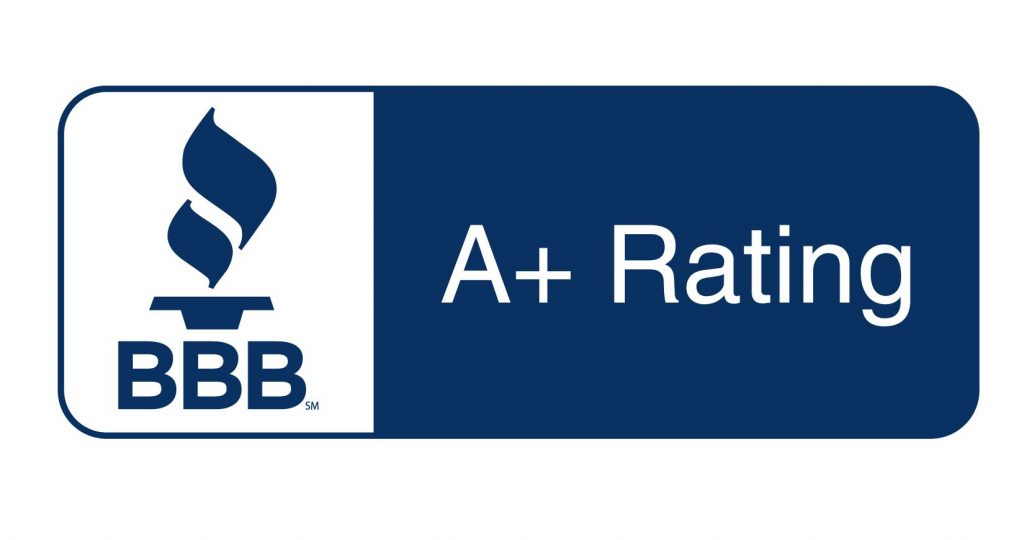Medicare Advantage plans come in many forms: HMOs, PPOs, Special Needs Plans, and more. Each offers different structures, costs, and benefits. But one of the least understood types is the Medicare Medical Savings Account (MSA). These plans operate very differently from the traditional Advantage plans most people are familiar with, and while they can be an excellent choice for some beneficiaries, they also come with challenges that make them unsuitable for others.
If you’ve heard of MSAs and are curious about whether one might be right for you, this guide will help you understand how they work and the main pros and cons to consider before making a decision.
What Is a Medicare Medical Savings Account?
A Medicare Medical Savings Account combines two features: a high-deductible health plan and a medical savings account funded by Medicare. When you enroll in an MSA, Medicare makes a deposit into your savings account each year. You can then use this money to pay for qualified medical expenses, including doctor visits, hospital services, and other covered care.
This may sound familiar if you’ve ever had a Health Savings Account (HSA) through an employer. However, there are key differences. Unlike HSAs, you cannot contribute your own money to a Medicare MSA. The deposit comes directly from Medicare and is yours to spend on eligible healthcare costs.
The trade-off is that MSAs have a high deductible. You must pay all your medical costs until that deductible is met, using either the deposit from Medicare or your own funds. Once the deductible is satisfied, the plan begins to cover your Medicare-approved services for the rest of the year.
How Medicare MSAs Work
When you enroll in an MSA plan, Medicare deposits a set amount of money into your account each year. The amount varies depending on the plan. For example, Medicare might deposit $2,000 while your deductible is $5,000. In that case, you would be responsible for the difference before your plan starts paying for covered services.
You can use the MSA funds for qualified healthcare expenses, which generally include any service that Medicare covers. The money is also tax-free as long as it’s used for medical purposes. If you use it for non-medical expenses, those withdrawals may be subject to taxes and penalties.
It’s important to note that MSAs do not include prescription drug coverage. If you want coverage for medications, you’ll need to enroll separately in a Medicare Part D drug plan.
Finally, MSAs aren’t available everywhere. They are less common than HMOs or PPOs and may not be offered in every county. If you’re interested, you’ll need to confirm availability in your area.
The Pros of Medicare MSAs
For the right person, an MSA can be an attractive Medicare Advantage option. Here are some of the main advantages.
Lower Premium Costs: Most MSA plans have no monthly premium, other than your regular Part B premium. This can save you money compared to other Medicare Advantage plans with additional premiums.
Medicare Deposits Free Money Each Year: The annual deposit into your MSA is money you can immediately put toward your healthcare costs. It’s essentially a subsidy from Medicare that you can use as needed.
Flexibility With Providers: Unlike many HMOs or PPOs, MSA plans typically do not restrict you to a network. You can see any doctor or hospital that accepts Medicare, giving you nationwide provider access.
Tax-Free Savings: Funds you use for qualified medical expenses are not taxed, giving you a built-in financial advantage.
Good for Healthy Beneficiaries: If you’re generally healthy and don’t use many medical services, the Medicare deposit may cover most of your needs. In years with few expenses, you could come out ahead financially.
The Cons of Medicare MSAs
Of course, MSAs also have several downsides that you should carefully weigh.
High Deductibles: The biggest drawback is the high deductible. You must cover all costs until that deductible is met, which can create significant out-of-pocket expenses in a bad health year.
Unpredictable Costs: Because expenses depend on your health needs, MSAs lack predictability. If you suddenly need surgery, hospitalization, or other major care, your costs could be much higher than expected.
No Prescription Coverage Included: Unlike most other Medicare Advantage plans, MSAs do not cover prescription drugs. You’ll need to purchase a separate Part D plan, which adds another layer of decision-making and potential cost.
Limited Availability: Not every county or insurance carrier offers MSA plans, which limits your options. Even if you’re interested, you may not find one in your area.
Not Ideal for Chronic Conditions: If you have ongoing health issues or see doctors frequently, the high deductible can quickly become a burden. You may end up paying much more out-of-pocket compared to other plan types.
Requires Careful Budgeting: MSAs are not “set it and forget it” plans. You need to be comfortable tracking your account balance, monitoring medical expenses, and budgeting carefully for potential high-cost years.
Who Should Consider a Medicare MSA?
MSAs are not one-size-fits-all. They are best suited for certain types of beneficiaries:
- Healthy individuals who rarely see doctors and want to minimize monthly costs.
- Travelers who like the freedom to see any provider nationwide.
- Budget-conscious seniors who prefer lower premiums and are comfortable managing a high-deductible structure.
On the other hand, MSAs are usually not a good fit for:
- Beneficiaries with multiple chronic conditions who anticipate frequent medical care.
- People who take many prescription drugs and prefer integrated drug coverage.
- Those who would struggle financially if they had to pay large out-of-pocket costs before reaching the deductible.

Comparing MSAs to Other Medicare Advantage Plans
When stacked against other Medicare Advantage options, MSAs stand out for their unique approach. Unlike HMOs and PPOs, MSAs usually don’t limit you to a network of providers. This can be a big advantage for people who travel frequently or want maximum provider flexibility.
However, HMOs and PPOs often come with more predictable costs. Many include prescription drug coverage as well as extras like dental, vision, hearing, and fitness benefits. MSAs generally do not. That means if you value additional benefits and convenience, a more traditional Advantage plan might be a better fit.
Get Help Deciding if an MSA Is Right for You
At Carolina Senior Benefits, we help our clients evaluate all of their Medicare options. Our goal is to make sure you choose a plan that fits your health needs, financial goals, and lifestyle.
If you’re curious about whether an MSA could be right for you, or if another Medicare Advantage plan might be a better match, contact us today for a no-cost consultation. We’ll help you compare your options so you can feel confident in your Medicare coverage.





